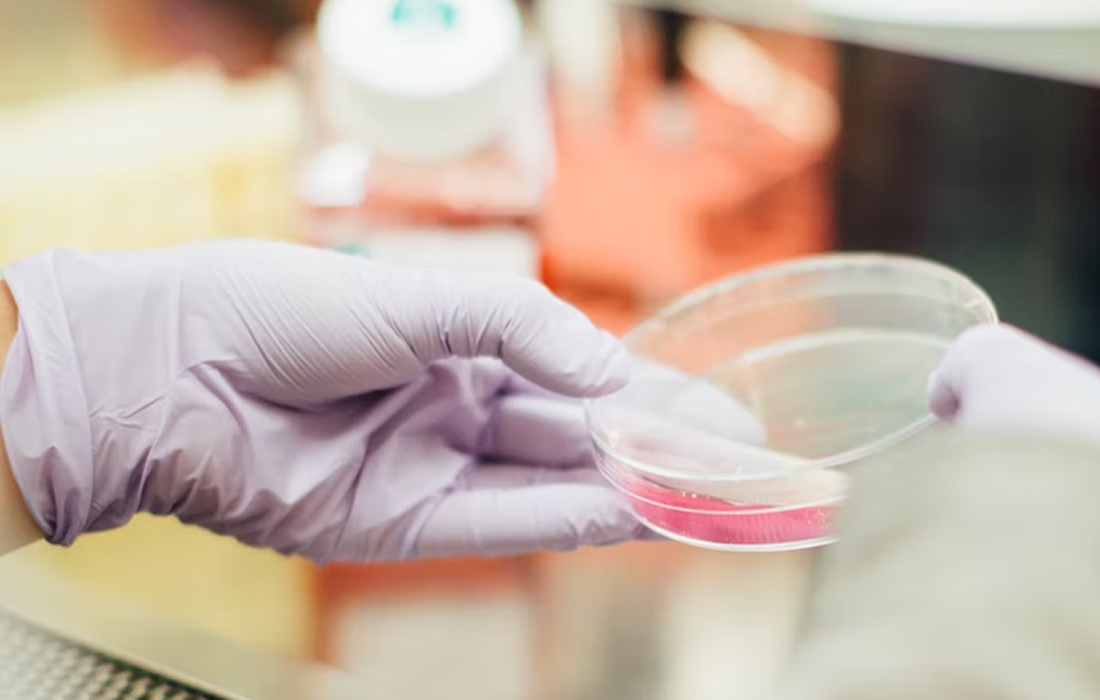Stem Cell Therapy for Specific Conditions
Stem Cell Therapy for Henoch-Schonlein Purpura
What is Henoch-Schonlein Purpura?
Henoch-Schonlein purpura (HSP) is a systemic vasculitis caused by vascular allergic inflammation, and predominantly affects children. The disorder causes the small blood vessels in your skin, joints, intestines, and kidneys to become inflamed and bleed.
The most striking feature of this form of vasculitis is a purplish rash, typically on the lower legs and buttocks. Henoch-Schonlein purpura can also cause abdominal pain and aching joints. Rarely, serious kidney damage can occur.
What Causes Henoch-Schonlein Purpura?
It’s not clear why this initial inflammation develops. It may be the result of the immune system responding inappropriately to certain triggers.
Nearly half the people who have Henoch-Schonlein purpura developed it after an upper respiratory infection, such as a cold. Other triggers include chickenpox, strep throat, measles, hepatitis, certain medications, food, insect bites, and exposure to cold weather.
What is the Treatment?
Most children with HSP do not require any specific treatment and recover with time alone. Joint pain can often be controlled with rest and over-the-counter medications such as acetaminophen, ibuprofen, or naproxen. Steroids given by mouth or through an IV infusion are typically given for severe abdominal pain.
Although most cases resolve without complications, some cases can have complications such as kidney injury that might need long-term treatment with immunosuppressive medications to prevent kidney failure.
A Case Report Using Stem Cell Therapy
Researchers published a case report in the journal Medicine (Baltimore), in which a 12-year-old boy presented to their hospital with an 11-month history of purpura in the lower limbs accompanied by thrombocytopenia.
The patient had a history of a chronic itching skin rash for 2 years. He was treated with oral drugs including prednisone, vitamin C, Tripterygium wilfordii, and other traditional Chinese medicines.
He was diagnosed with HSP with thrombocytopenia in a local hospital and received symptomatic treatment, such as prednisone, vitamin C, and calcium carbonate with no improvement.
In their hospital, the patient was diagnosed after performing several laboratory studies with Henoch-Schonlein purpura with idiopathic trombocytopenia, accompanied by liver cirrhosis caused by drug abuse for over 2 years.
In the absence of an effective therapy, the physicians decided to try the use of stem cell therapy due to their self-renewal ability and multidirectional differentiation potential. Previous studies have found that stem cells transplanted into patients with liver cirrhosis could not only differentiate into liver cells in the liver-specific environment but could also secrete cytokines leading to degradation of fibrous liver tissue and liver repair.
In this case, the team used umbilical cord-derived mesenchymal stem cells (UC-MSCs). The treatment was performed using a peripheral intravenous infusion, with previous immunosuppressive therapy. UC-MSCs were injected a total of 8 times/wk in 2 months, with a median cell count of 5.65 × 107/L, ranging from 5.48 to 5.98 × 107/L.
After the therapy, the researchers observed that the skin rash of the patient resolved, his platelets returned to normal and his liver enzymes decreased to normal levels. They also found that the liver nodules previously seen decreased in size.
The study showed the powerful properties of mesenchymal stem cells and how they can regulate the immune response. Also, they show once again to be a promising alternative therapy for conditions such as liver cirrhosis that doesn’t have many therapeutic options.
Source:
Kai Mu, MD, et al. Cord-derived mesenchymal stem cells therapy for liver cirrhosis in children with refractory Henoch–Schonlein purpura. Medicine (Baltimore). 2018 Nov; 97(47): e13287. Published online 2018 Nov 21. doi: 10.1097/MD.0000000000013287
Image from:
Photo by Drew Hays on Unsplash

